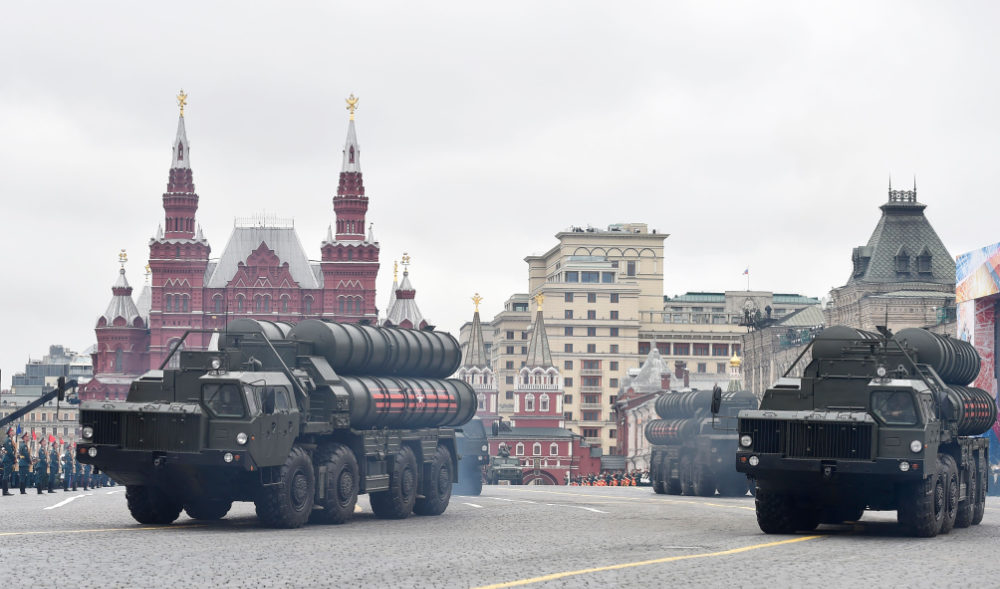NEW DELHI: Washington’s approval of a waiver to protect India against possible US sanctions for ordering a Russian defense system is a sign it does not want to jeopardize ties with New Delhi amid China’s military rise in the Indo-Pacific region, experts say.
Delhi signed a $5 billion deal with Moscow for the purchase of an S-400 Triumph air defense missile system during Russian President Vladimir Putin’s visit to India in 2018, despite the threat posed by the US’ Countering America’s Adversaries Through Sanctions Act.
Under the legislation, the US can sanction any country that has “significant transactions” with Iran, North Korea or Russia.
While the US has imposed sanctions on Turkey for buying the S-400 system, the House of Representatives on Thursday approved a waiver to the act specifically for India “to help deter aggressors like China.”
The motion, which still needs to be approved by the Senate, comes amid Western pressure on Delhi to speak out against Russia’s invasion of Ukraine. India has so far abstained from UN resolutions censuring Moscow, its longtime ally and main provider of weapons.
While the Indian government has not commented on the matter, experts see the waiver as a message that Washington is reluctant to jeopardize its security ties with its strategic partner in South Asia, as it is in the interest of both countries to counter the influence of China in the Indo-Pacific region.
“The larger strategic push is coming from the rise of China in the Indo-Pacific, where the political executive as well as the legislature in the US are on one page that India needs to be engaged with substantively, and any kind of sanctions might jeopardize the upward movement in the India-US relationship,” Prof. Harsh Pant from the Observer Research Foundation, told Arab News.
According to him, India needs the defense system amid a military buildup on the Line of Actual Control, its de facto border with China.
“A missile defense system like the S-400 is important to maintain the strategic balance along the LAC with China,” Pant said.
“India has maintained that its military requirements are such that it cannot afford to not have this platform. The way the India-China military balance has been changing along the border, such a missile defense system is key to India’s operational preparedness.”
India has been at loggerheads with China in the Himalayan border region of Ladakh since 2019, with the two countries failing to agree a deal despite several rounds of talks.
Dr. Bharat Karnad, a national security expert at the Center for Policy Research in Delhi, said the motion by US lawmakers was a realization that “they cannot afford to punish India.”
“This is the concession to achieve a larger strategic good, which is to contain China,” he said.
“Americans want India on their side when they are confronting China, and that’s the main thing. Russia here becomes the sideshow.”
Pranay Kotasthane, deputy director of the Takshashila Institution in Bangalore, told Arab News that the US and India had managed the fallout of the Russia-Ukraine war on their relationship.
“It reflects that the US understands India’s position and importance,” he said. “This proposed amendment is to recognize that sanctioning India for purchasing defense equipment from Russia is not in US’ national interest.”




